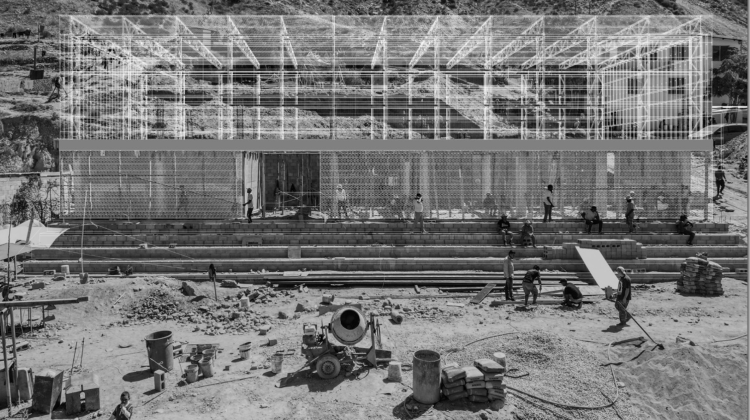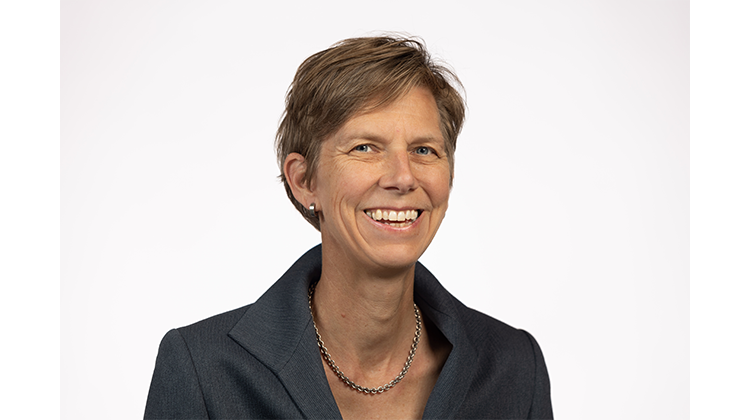Special Subject: Building Technology — Shaping Thermal Performance in Architectural Enclosures
In the context of the climate crisis and rising temperatures, building enclosure technologies must respond to a plurality of requirements--including solar radiation control, thermal insulation, and heat storage--ideally, with minimal embodied carbon and at low cost. While contemporary normative approaches tackle this with assemblies of highly specialized layers, alternative solutions are emerging that use geometric specificity and variation to integrate multiple high-performance behaviors in a humble and simplified material palette. Shape-forward wall systems are well situated to leverage advances in digital fabrication, such as additive manufacturing of low-carbon materials like minimally processed earth, but can also be materialized with a range of traditional and emerging assembly and fabrication methods.
In this seminar, students will first study historical and contemporary precedents of relevant multi-functional wall and enclosure systems. They will then learn to use state-of-the-art digital tools for designing, modeling, simulating, and optimizing these types of wall systems, accounting for the described thermal requirements along with embodied carbon and structural behavior. The seminar will also include hands-on physical prototyping and experimental tests. The final project will be an evidence-based design proposal, supported by digital simulations and physical experiments, for novel thermally performative enclosure systems and their potential impact on architectural expression.




